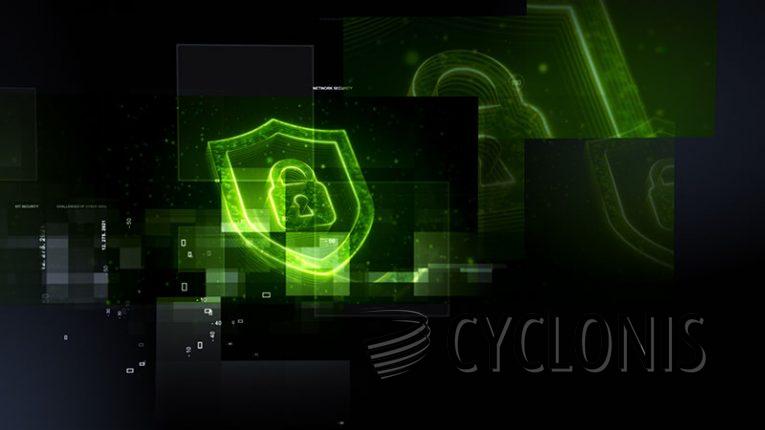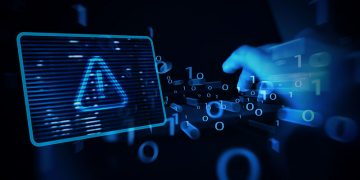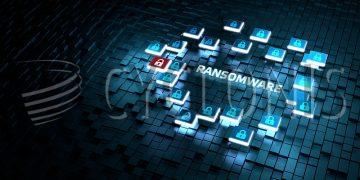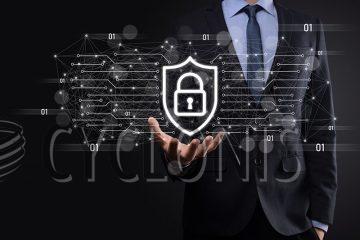BlackDream Ransomware Produces Verbose Ransom Note

While examining new malware sample submissions, our research team came across the BlackDream ransomware, which falls into the category of programs that encrypt data with the intention of demanding payment for decryption. On our test system, BlackDream encrypted files and altered their file names.
The original file names were extended with a unique identifier, the email address of the cybercriminals, and a ".BlackDream" extension. To clarify, a file that was originally named "1.jpg" now appeared as "1.jpg.[9ECFA84E].[Blackdream01@zohomail.eu].BlackDream." After this process, a ransom note named "ReadME-Decrypt.txt" was deposited.
The ransom message assures the victim that the files are not damaged but rather encrypted and inaccessible. It also suggests that seeking help for data recovery from sources other than the attackers (e.g., third-party tools or services) may result in the data being rendered permanently undecryptable.
The note hints that the decryption process will involve making a ransom payment in Bitcoin cryptocurrency (with the specific amount left unspecified). Additionally, the victim is directed to send a couple of encrypted files meeting certain specifications to the cybercriminals for a free decryption test.
BlackDream Produces Long Ransom Note
The full text of the lengthy BlackDream ransom note reads as follows:
Your system has been encrypted by our team, and your files have been locked using our proprietary algorithm !
Please read this message carefully and patiently
If you use any tools, programs, or methods to recover your files and they get damaged, we will not be responsible for any harm to your files!
Note that your files have not been harmed in any way they have only been encrypted by our algorithm. Your files and your entire system will return to normal mode through the program we provide to you. No one but us will be able to decrypt your files!
To gain trust in us, you can send us a maximum of 2 non-important files, and we will decrypt them for you free of charge. Please note that your files should not contain important information. Your files should be in a format that we can read, such as .txt, .pdf, .xlsx, .jpg, or any other readable format for us.
Please put your Unique ID as the title of the email or as the starting title of the conversation.
For faster decryption, first message us on Telegram. If there is no response within 24 hours, please email us *
Telegram Id : @blackdream_support
Mail 1 : Blackdream01@zohomail.eu
Mail 2 : Blackdream01@skiff.comYou will receive btc address for payment in the reply letter
Important
Please dо nоt wаstе thе timе аnd dо nоt trу to dесеive us, it will rеsult оnly priсе incrеаsе!
Plеаsе nоte that we are professionals and just doing our job!
Wе аrе alwауs оpеnеd fоr diаlоg аnd rеаdy tо hеlp уоu!
UniqueID: -
Your Personal ID:-
How Can Ransomware Infect Your System?
Ransomware can infect your system through various means, and cybercriminals are constantly evolving their tactics to target vulnerabilities. Here are common ways ransomware can infect your system:
- Phishing Emails: The most common method is through phishing emails. You may receive an email that appears legitimate but contains malicious attachments or links. Clicking on these links or opening infected attachments can trigger a ransomware download.
- Malicious Websites: Visiting compromised or malicious websites can lead to drive-by downloads. In this scenario, ransomware is silently downloaded and executed on your system without your knowledge or consent.
- Malvertising: Malicious advertising (malvertising) can lead to ransomware infections. Cybercriminals can inject malicious code into online ads, and when you click on these ads or visit a compromised website with such ads, ransomware can be delivered to your system.
- Fake Software or Updates: Ransomware can be bundled with fake software or updates. You might think you're downloading a legitimate program or an update, but it's actually delivering ransomware to your system.
- Exploiting Software Vulnerabilities: Cybercriminals can take advantage of vulnerabilities in your operating system or software applications. If your system isn't up-to-date with security patches, it becomes more susceptible to exploitation.
- Social Engineering: Cybercriminals might trick you into running malicious code on your system. They could impersonate a trustworthy entity or use social engineering techniques to convince you to execute a harmful file.
- Remote Desktop Protocol (RDP) Attacks: If you have RDP enabled on your system and it's not properly secured with strong passwords and network security measures, attackers can gain unauthorized access and deploy ransomware.
- Malicious Downloads: Downloading files, especially from untrusted sources, can lead to ransomware infections. Torrents, cracked software, and pirated content are often used as bait to spread ransomware.








